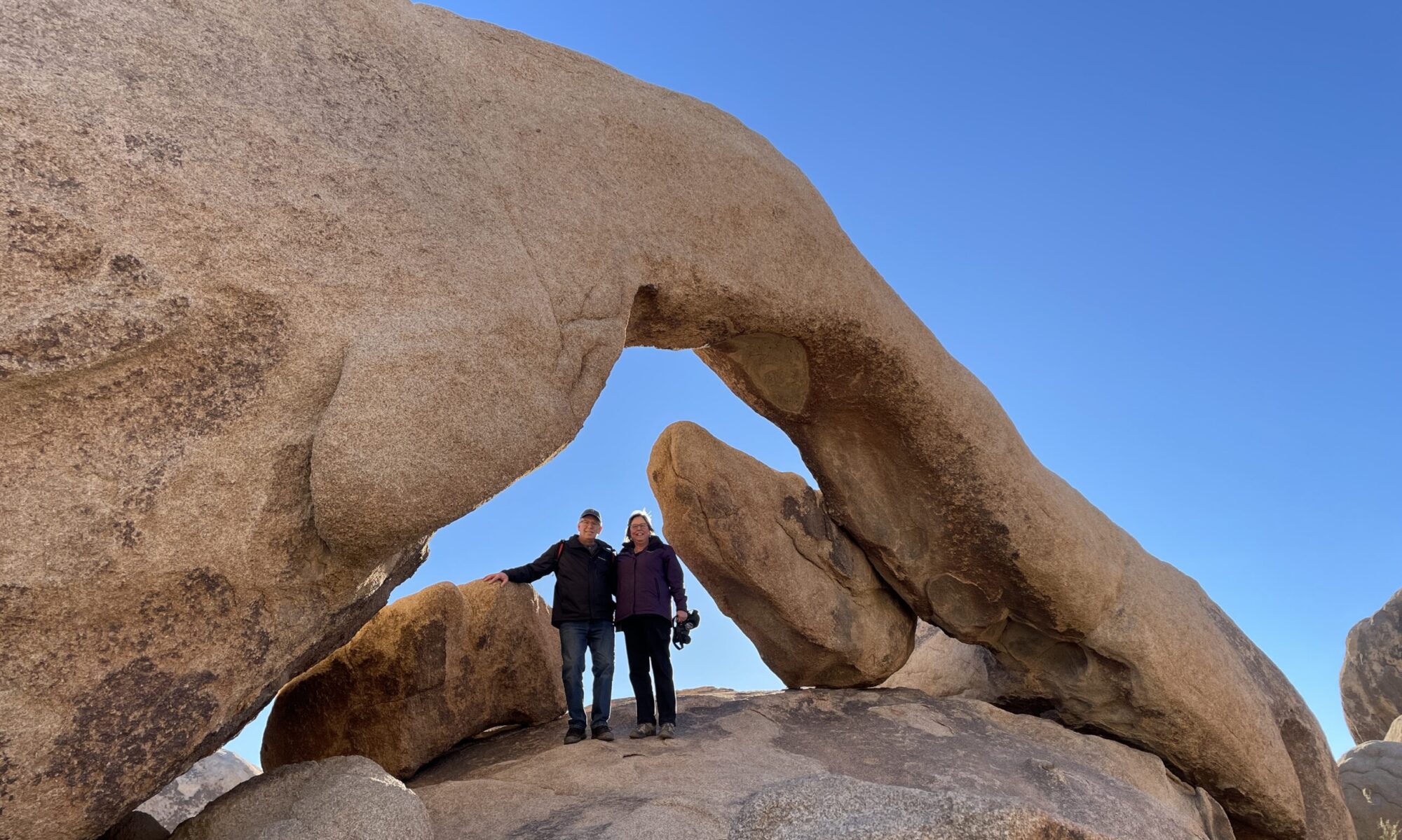(April 2023 Greenville First UMC newsletter article)
Inside, the high priest began asking Jesus about his followers and what he had been teaching them. Jesus replied, “Everyone knows what I teach. I have preached regularly in the synagogues and the Temple, where the people gather. I have not spoken in secret” (John 18:19-20).
Jesus’ transparent life and public teaching confronted and revealed the sins of the world and led to his death. The excruciating drama of Holy Week and the exuberant joy of Easter lead us step by step through his arrest, trial, crucifixion, burial, and the Easter morning discovery of the empty tomb and risen Christ by the women. I am moved to tears every year that we go through these stories.
These stories are public and held by communities of faith, where the people gather. Our communal study, recital, and remembrance of them express faith in God as so much continues to be destroyed in our world and in our lives.
 Holding the grief and trauma of late-in-Holy-Week stories and the exuberant joy of Easter stories we can discover their saving grace. That’s the image of the broken mirror in the glass jar, a friend’s gift when Beverly and I left campus ministry at Wesley of Kalamazoo in 2002. The jar allows us to see jagged edges of human experience and process our grief and joy. It also is a helpful image for the growth and struggle in the educational process.
Holding the grief and trauma of late-in-Holy-Week stories and the exuberant joy of Easter stories we can discover their saving grace. That’s the image of the broken mirror in the glass jar, a friend’s gift when Beverly and I left campus ministry at Wesley of Kalamazoo in 2002. The jar allows us to see jagged edges of human experience and process our grief and joy. It also is a helpful image for the growth and struggle in the educational process.
I am deeply grateful and profoundly biased in favor of campus ministry. Our campus pastors, students, and local Board members are examples for me of the faithful pursuit of transparent living and public teaching in Jesus’ name where the people gather. We are present in the most concentrated populations of young adults in our culture.
On a wider scale are these examples of the power of faithful prophetic higher education communities:
Rev. Dr. Chris Momany’s book, “For Each and All: The Moral Witness of Asa Mahan,” details the life of the founding president of Adrian College. Rev. Dr. John E. Harnish in his article on this book writes, “Rev. Dr. Chris Momany, former professor and chaplain at Adrian College, has made the life of Asa Mahan and his commitment to the ‘intrinsic worth’ of all persons a hallmark of his ministry on and off campus. He connects Asa Mahan with the current issues of racism and human trafficking in a way that gives depth to the discussion and a historic anchor for our social witness.”
Another example is Philander Smith College which was founded in 1877 and chartered in 1883 as a four-year coeducational liberal arts college in Little Rock, Arkansas. It is a United Methodist-related college like Adrian and Albion.
The heritage of Philander Smith College is deeply rooted in faith. Philander Smith College’s mission statement echoes its first mission by The Methodist Church to provide an education during “conflict and social change,” by educating current students to become “advocates for social justice.” (https://www.philander.edu/
about-us/the-united-methodist- church)
Terrance Roberts is one of the Little Rock Nine, a group of African-American students who were the first black students ever to attend Little Rock Central High School in 1957. Roberts spoke at Philander Smith in 1997 and shared these memories:
During the three-week period as we awaited the outcome of the legal wrangling over states’ rights versus federal rights, Philander Smith College faculty and students tutored us in the high school subjects being taught to our future Central High classmates…They continued to do this for the entire academic year of 1958-59 as well when all Little Rock public high schools were closed in the name of “segregation forever,” and African-American students were in need of educational resources (Philander Smith College Remarks, September 27, 1997 in Lessons from Little Rock, 168).
I am inspired by the leading role that belongs to higher education communities and their willingness to pursue transparent living and public teaching. And I am inspired by the educational thread from Jesus’ public teaching to schools like Adrian and Philander Smith Colleges to local congregations and our own congregation.
We study, recite, and remember Holy Week and Easter stories where the people gather to keep learning during conflict and social change, and for the sake of being witnesses to God’s redeeming love in the life, death, and resurrection of Jesus Christ.

